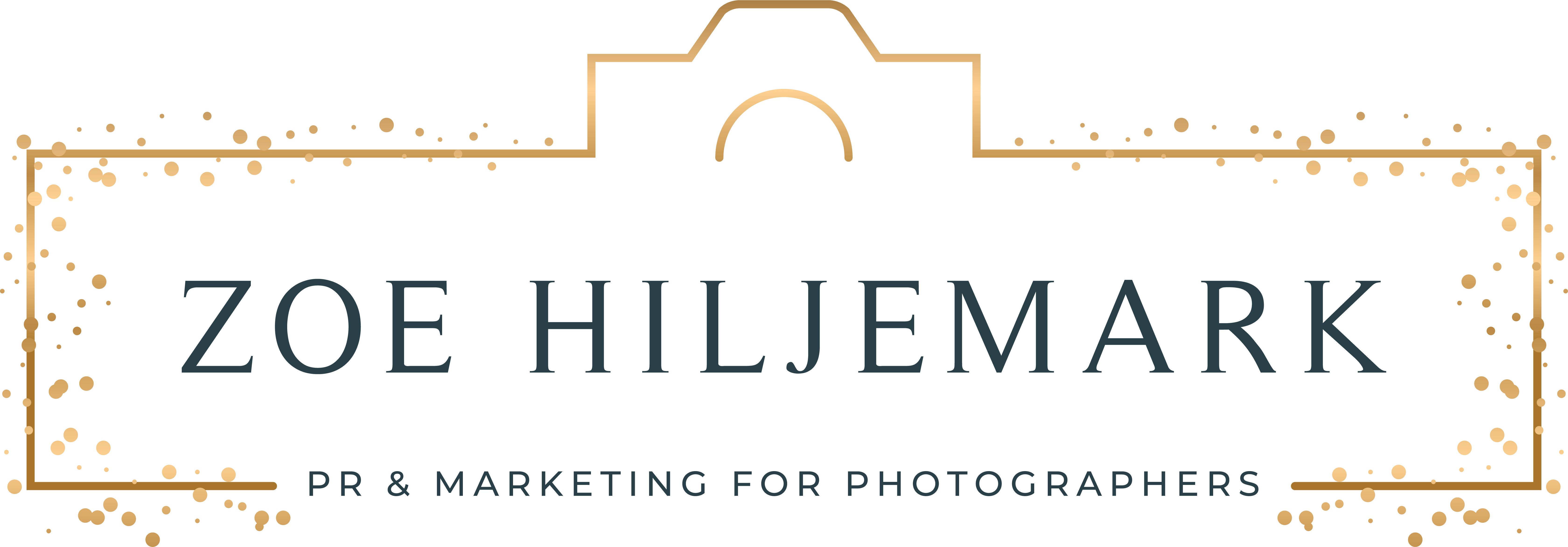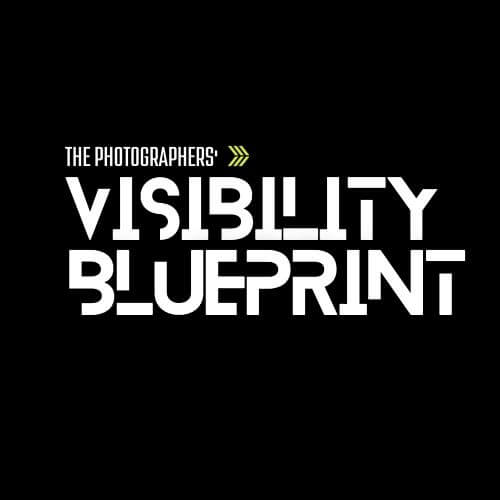SEO For Photographers: Basics To Get Your Photography Found Online
Let’s talk SEO for photographers – the strategy that turns your online presence into a client magnet!
I know search engine optimisation (SEO) can feel overwhelming (and maybe even a little intimidating). But here’s the good news: even a few small tweaks to your website can make a huge difference in how well you show up in Google searches—and even in emerging AI-powered search tools that more people are using every day.
For photographers, SEO is an essential tool to attract the right-fit clients who are actively searching for your photography services and products.
Related: The Four Types of SEO Optimisation Photographers Can Leverage To Improve Website Rankings
SEO For Photographers: How to get started
1. Keywords
Think about the words potential clients might type to find you online (e.g., “London wedding photographer”, “Dorset family photography” or “professional food photos”).
Tip: Brainstorm thoroughly, then test these phrases in Google to uncover even more ideas. What comes up in the search results when you enter these phrases? What other keyword ideas could you gather from the “people also search for” section towards the bottom of the first page of the results?
2. Audit Your Photography Website
Are these important keywords sprinkled naturally throughout your website copy? Are they included in page titles and headers? Does your website clearly reflect your expertise and who you serve?
Tip: Many photographers miss opportunities by being vague and by not including these keyword phrases (that your ideal clients are likely to be typing into Google) on their website.
To be successful with SEO, photographers need to be specific! Articulate what you do and who you do it for—this clarity is crucial for SEO – and make sure that your target keywords are featured within your website copy and in titles and headings.
Related: Website Copywriting for Photographers: An Essential Update [2025]
3. Image Alt Text
Search engines can’t “see” your images, but they can read your image descriptions. Have you added relevant keywords to your image alt text to help search engines understand your visual content?
Tip: From an SEO perspective, it’s really beneficial to write descriptive, keyword-rich alt tags for every image. Just be careful to avoid overloading them with keywords (“keyword stuffing”), which can hurt your rankings.
4. Understand How Search Engines Rank Content
Google prioritises pages that are highly relevant, well-written, and optimised for specific searches. It’s not enough to have decent content—SEO for photographers is about working to make sure your website pages stand out as the best option for a relevant search query.
Tip: Aim to create high-quality, useful, and authoritative content. Mediocre pages don’t stand a chance of ranking highly, especially in the highly competitive photography space.
Related: Free Google Tools Every Photographer Should Be Using
5. Embrace Blogging
Every blog post you create is an opportunity to rank for new search terms. Blogging consistently helps drive traffic to your website and positions you as an expert.
Tip: Focus on topics that your ideal clients find helpful, inspiring, or valuable. Think about their pain points and questions—and answer those in your photography blog posts!
Related: Five Photography Blogging Tips to Boost Your Visibility
Photography SEO Success
SEO for photographers doesn’t have to be overwhelming. Small, consistent efforts can lead to big results over time.
These tips are just the beginning, but they’ll give you a strong foundation to start building your visibility online. I hope this helps!
SEO for Photographers: Support and Consultancy
If you need help getting started with photography SEO or creating content that gets results, get in touch and let me know what you’re stuck on. Or, book an consultancy call (I’ll do an SEO audit of your site and give you bespoke recommendations).
I also teach SEO for Photographers in my group mentoring programme, The Photographer’s Visibility Blueprint. Find out more and contact me to request the full details.
The programme is open for enrolment and, in it, I support photographers with their SEO, content and blogging strategy and PR – the three approaches I believe that are essential for visibility online.
Zoe








